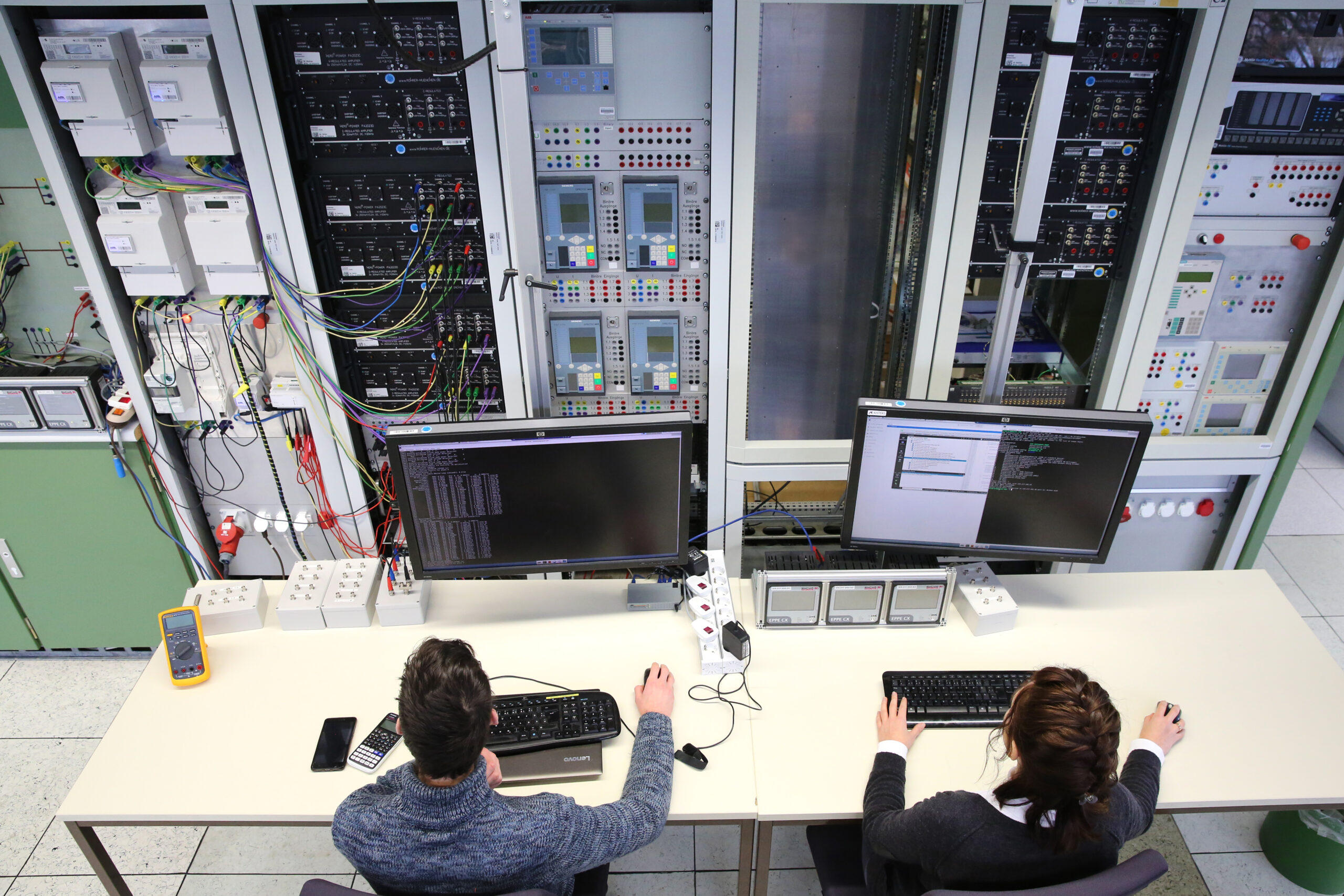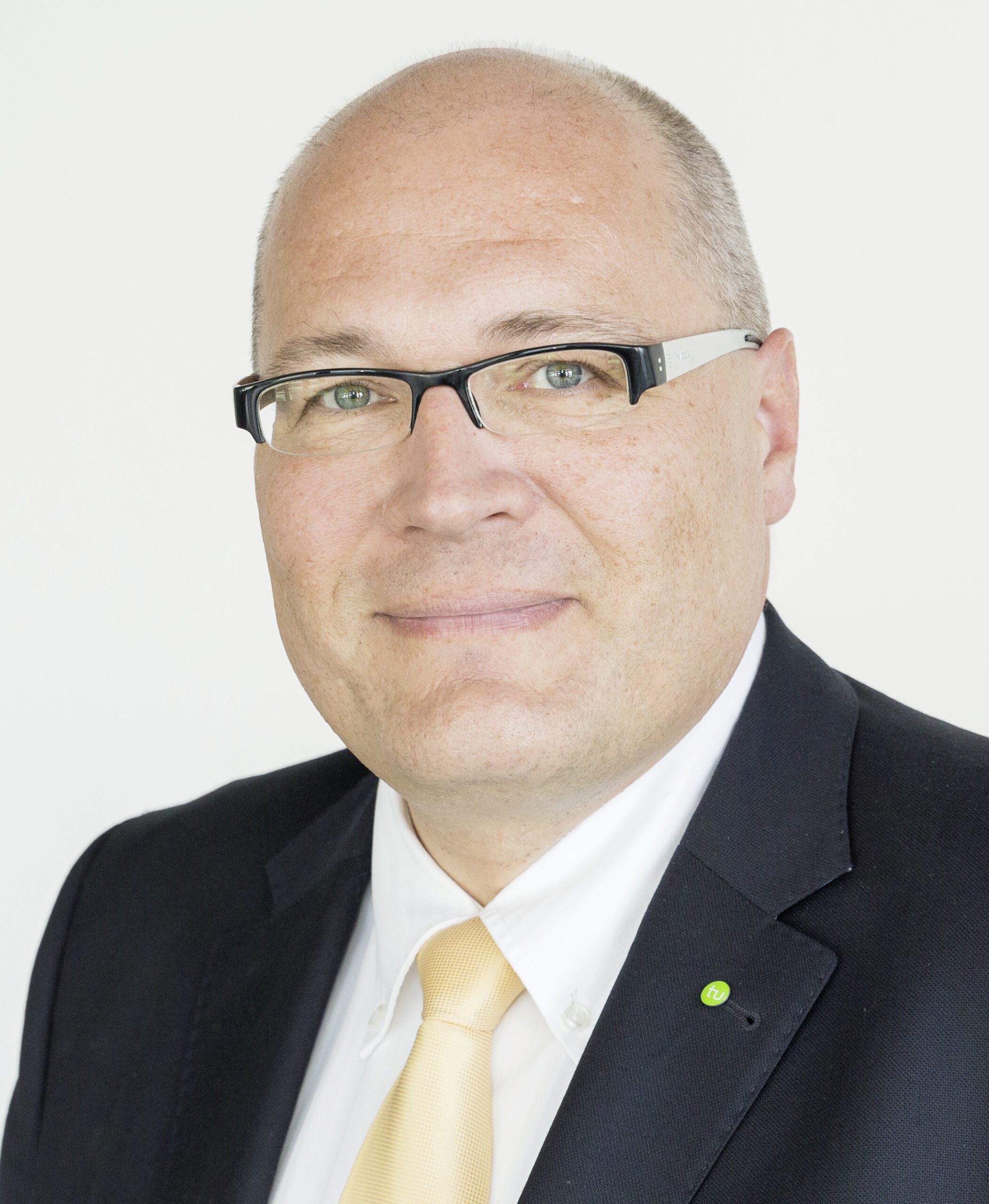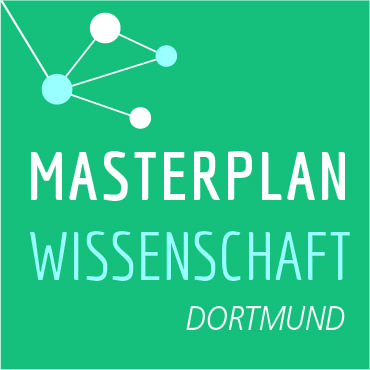Energy
The scientific competence field “Energy" is closely integrated into the competence field "EST - Energy System Transformation" of the UA Ruhr, which was established in 2019. The focus of this competence field ranges from the overall system of future energy supply across all areas and sectors to specific technologies and materials.
The field of research ranges from overall system analysis (incl. mobility and heat) to the hydrogen economy. "Green materials" are being researched for diverse applications in energy technology (insulating materials, semiconductors) and for CO2-reduced products within the holistic energy system chain.
Energy system planning including its spatial effectiveness is the basis for future holistic energy systems. Here, the focus of work is on the digitalized planning of energy infrastructures with regard to the technical interaction and spatial aspects.
The smart energy infrastructure represents a designated and visible focus in Dortmund due to the close cooperation of information and communication technology including automation technology with energy system technology. Issues ranging from digitalization to autonomous energy system operation are addressed here. Close dovetailing with the smart city activities of the city of Dortmund is established via consortium projects.
With the competence center "Electromobility - Infrastructure and Networks", this is also an integral part of the research on site. Research is conducted in particular on issues of charging infrastructure, technologies (power electronics, electromagnetic compatibility) and logistics (electrified load traffic).
In the transformation of the energy system, the aspects of environmental friendliness, economic efficiency, reliability and acceptance must be taken into account in equal measure. In addition to technical and economic issues, consumer behavior, socio-technical innovations and societal transformation are covered as the focus of the competence field.
The special laboratory infrastructures contribute to the unique selling points of the competence field. These include the HVDC test center, the Smart Grid Technology Lab, the Mobile Wireless Communications Lab, the 5G experimental platform (the only one of its kind in NRW) and the power electronics and EMC laboratories.
Objectives, perspectives and milestones
In the above-mentioned focus areas, the competence field “Energy” plans to strengthen and further expand joint research by acquiring structured research consortia projects. Milestones are the development of the topic orientation based on the previous preliminary work or through new networking of partners, the acquisition of consortial projects on a national or international level as well as the visualization of the project results through international workshops and conferences.
In 2023, the science conference on the topic of ‘Energy Future’ took place. Various stakeholders from Dortmund's science and business landscape as well as external experts jointly designed the programme. They all addressed the question: How do regions, cities and companies need to position themselves today in order to master the major challenge of the energy transition? Around 150 participants came together at the Dortmunder U throughout the day, including a number of interested members of the public.
In addition to the many projects currently underway, the following project plans and collaborations will be tackled first:
- Internationalization of the laboratory infrastructure
- International Energy Conference
- Thematic area of energy and ICT
- Establishing and expanding the thematic area of green materials
Transfer, networking and internationality
The cooperation and integration of the local, regional and also supra-regional economy is a constant goal in the activities in order to promote innovation and to achieve the practical implementation of the results. The spin-off, promotion and further integration of start-up companies has already been successfully demonstrated several times in the field of energy.
For external impact, raising visibility and cooperation to international levels, the laboratories are to be internationally networked and opened for joint use with other research groups. International workshops and even international conferences are to be organized in Dortmund.

Photo: TU Dortmund University
Participating organizations
Speaker:
Prof. Dr.-Ing. Christian Rehtanz (TU Dortmund University)

Photo: TU Dortmund/Roland Baege
